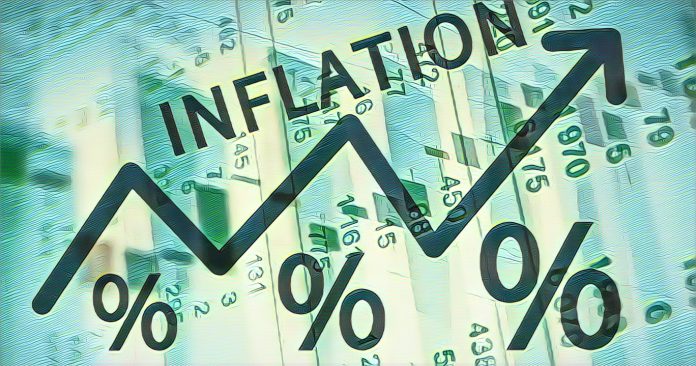The Nigerian economy remains ensnared in a doom loop, characterized by rampant inflation, a troubled currency market, and a persistent deficit funding crisis. Despite efforts to create a flywheel effect and break this vicious cycle, these challenges continue to hamper economic stability, according to data analyzed by The Guardian.
The current administration, under President Bola Tinubu, has implemented a two-pronged fiscal strategy aimed at economic recovery. The first goal is to enhance public revenue, and the second, albeit more passive, is to foster modest growth, targeting a six percent increase to curb unemployment and boost public confidence. However, the measures employed in the first phase may impede achieving the second.
Contradictions in policy promises and actions are evident, particularly in the 2024 budget appropriation. The budget indicates a pursuit of N9.2 trillion from debt markets and asset sales to cover expenditure shortfalls. This approach conflicts with Finance Minister Wale Edun’s previous assertions that the administration would avoid debt dependence and explore innovative financing options.
The government’s aspiration to borrow heavily contravenes its own promises and the Fiscal Responsibility Act (FRA), which sets a deficit-to-output ratio threshold of three percent. Recent financial moves, such as the $3.3 billion pre-export finance facility facilitated by the Nigerian National Petroleum Corporation Limited (NNPCL), also raise concerns about the country’s vulnerability to a debt trap.
Despite initial optimism, recent financial initiatives have failed to stabilize the foreign exchange market. The naira’s continuous fall significantly impacts inflation, corporate performance, and unemployment, feeding the economic doom loop.
The exodus of multinational companies from Nigeria’s manufacturing sector, attributed partly to foreign exchange challenges, is exacerbating the situation. As companies downsize or exit, the government loses significant tax revenue, further straining fiscal deficits.
The gap between fiscal deficit projections and actual performance has widened alarmingly, with analysts at Afrinvest Group projecting the deficit to reach N13 trillion this year.
Despite President Tinubu’s successful track record in revenue generation as Lagos State Governor, the 2024 budget parameters suggest a continuation of overambitious benchmarks, raising doubts about the administration’s ability to address these economic challenges effectively.
Experts like Steve Osho of Comercio Partners Limited acknowledge the tough road ahead, emphasizing the need for balanced economic growth and inflation management. The government’s reliance on debt, coupled with the unaffordable cost of funds in international markets, underscores the severity of Nigeria’s economic predicament.
As the nation grapples with these challenges, calls intensify for the government to implement sustainable and effective economic strategies to steer the country out of its current quagmire.



